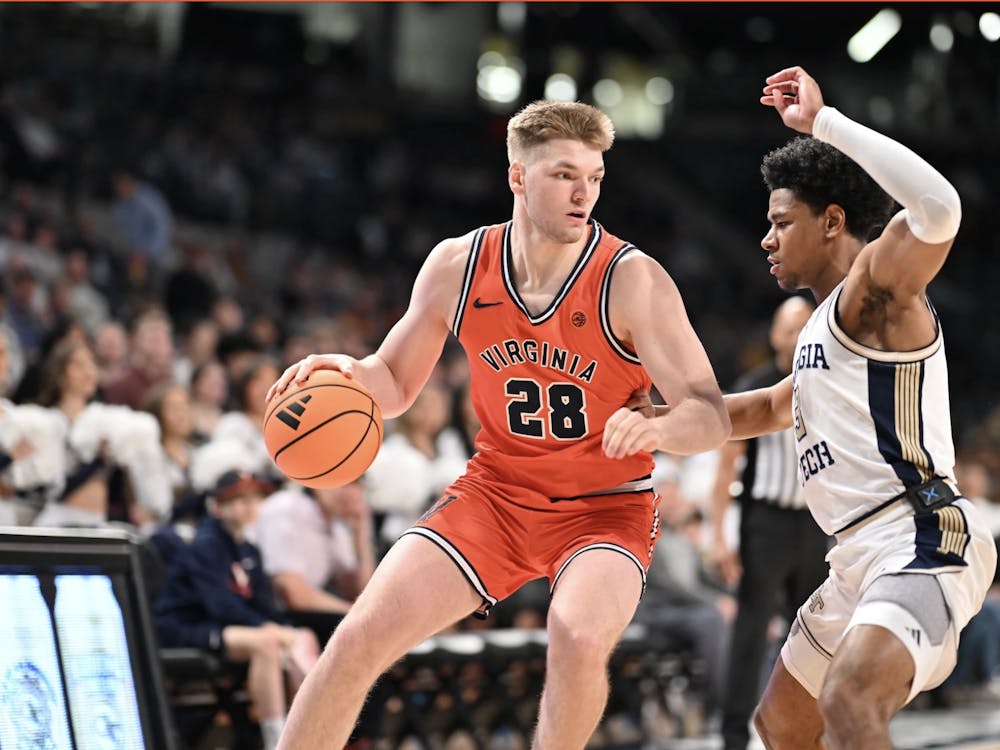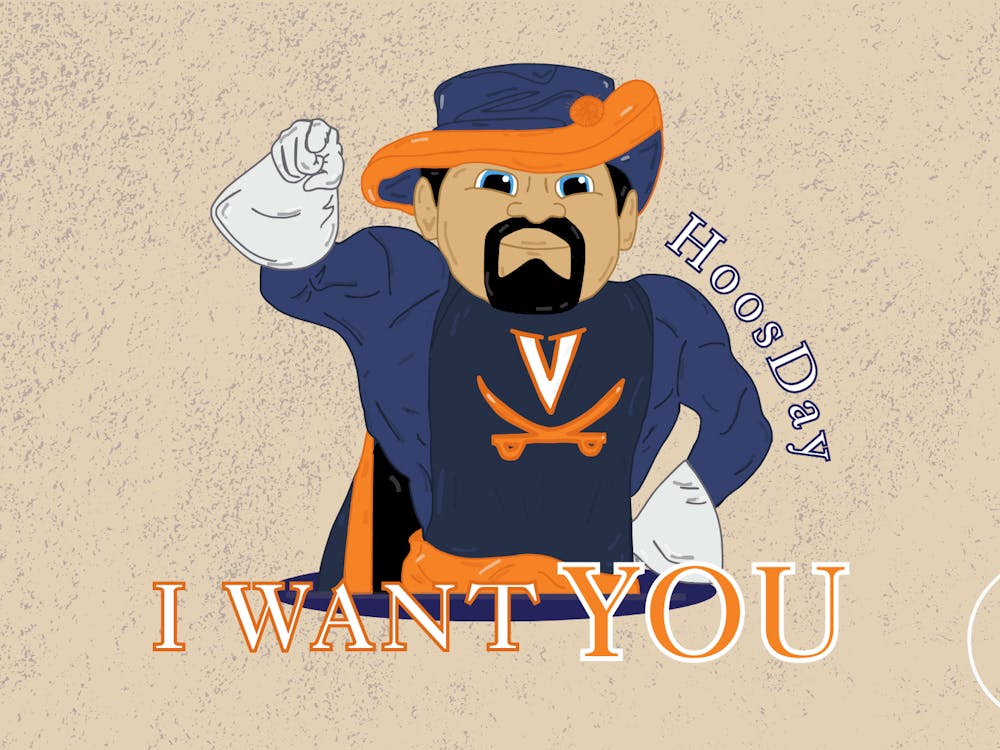When I took over this column space, I knew what role I was supposed to fill. I was a female sportswriter, an enlightened young college woman, a former high school athlete and a benefactor of Title IX: this was my space to trumpet women's athletics at Virginia. Here I could use all of my feminist training to let male sports fanatics know that the girls were about to beat them at their own game.
Except I didn't. When I sat down to write that first column, to draft my declaration of independence from the dominance of football and men's basketball in college sports, I knew I didn't have it in me. To pretend that I give equal attention to men's and women's sports in my life as a sports fan would be lying. I skipped homework, writing, bars, everything to watch the men's NCAA basketball championship. But when the women's championship rolled around, I missed the whole thing. I was in the library. I read my Sports Illustrated cover-to-cover every week, and when they cover women's sports, I eat it up. When they don't, I hardly notice.
As big-time as big-time women's college sports are, they're nowhere near as big-time as the boys. It's not an issue of physical differences -- if you ask this writer, it's all in the marketing.
I've heard all the arguments about biological differences, that slam dunks bring the crowds in and contrary to what Candace Parker may say, a woman's body just isn't built for action above the rim. Nonsense. Don't believe for a minute that women's bodies are what's keeping women's sports in second place. Sheer athleticism keeps sports like women's basketball afloat. Women's lacrosse looks like fine art next to the men's smash-and-run alternative. And for the final word on the women's-bodies-can't-handle-it myth, I give you two bodies: Venus and Serena.
The fact is, women's sports have never figured out how to market themselves without contradiction. "We're tough, we're hard, we do it just like the men" goes to the mat against "Come see us, we're feminine, we're sexy" and the match inevitably ends in a draw. If there's anything American sports fans hate, it's a tie. Ask the WUSA.
If the WNBA and other women's athletics -- amateur and professional -- hope to become revenue producers instead of Title IX riders, they'll have to straighten out the tangle that is their public persona. Marketing themselves as a facsimile isn't a bit of stretch, and it's a jump into a thoroughly saturated market. Cashing in on the "sex sells" mantra seems to reverse everything the last 30 years have done for the female athlete in the U.S. But nothing should stop the women's teams from promoting themselves as they really are: completely independent sports played by familiar rules.
With this angle, women's basketball could be to men's basketball what Division I football is to collegiate rugby -- a product that, on the field, is a little more elegant, a little less physical and whole lot cleaner. The agility and intelligence of women's soccer would stand in contrast to the "big foot" of the male forward. An independent sort of tagline would be just the thing to draw a fan like me in: "We play our own game," the girls would say. "You owe it to yourself to come and see."
In a way I regret not focusing my column on women's sports this year






